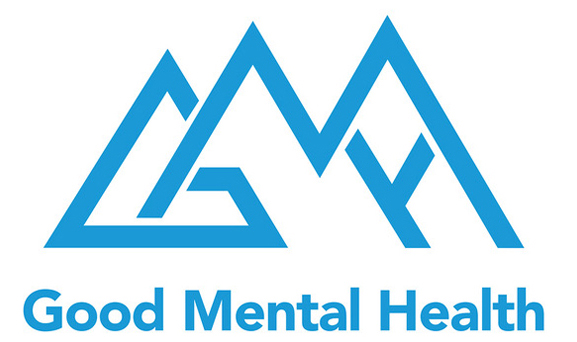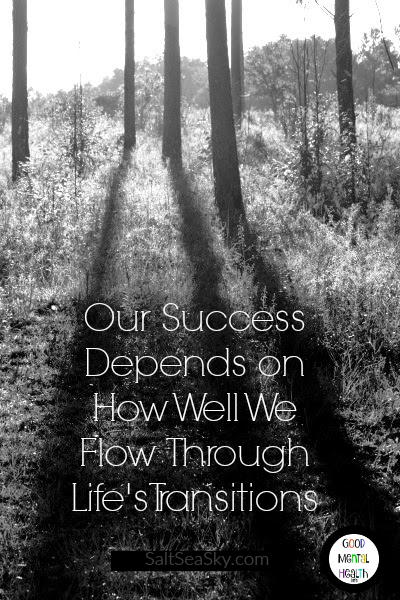My twelve-year-old son is spending the next three days hiking and camping along the Appalachian trail.
It seems like just yesterday he was starting kindergarten, toting around his teddy bear, and learning to read. But this week, he boarded a plane by himself, flew to his aunt and uncle’s house a state away, and is now enjoying a boy’s week of hiking, fishing, and camping.
This experience is exactly what an adolescent boy needs: to take some “safe” risks, to practice being independent, and to spread his wings. And this is exactly what his mom needed too: a solid reminder that my baby is growing up and that whether I’m ready or not, things are going to transition and change.
I’ll be honest, I’m not handling it very well.
The days are long, but the years are short.
Becoming a mom was a difficult endeavor for me. It took a long time to become pregnant. It was a complicated pregnancy and delivery. It was a rough transition from career-minded to family-oriented. I had difficulty placing everything I wanted to accomplish on hold in order to help another little person accomplish all he wanted, like walking and talking. 🙂
Those early days of motherhood were intense. Sleepless nights, lonely days. Lack of adult conversation. Boredom.
My transition into motherhood led to anxiety; a combination of trauma history, reluctance to conform to traditional gender roles, and questioning my own identity. It was the most challenging situation I had been through up to that point and I didn’t handle it gracefully.
Then finally, I did.
The transition happened. I fully embraced motherhood in a way that I never thought I would.
Being the kind of mother I always wished I had myself was incredibly healing. In the most wonderful, surprising, fulfilling way, motherhood became my purpose. I committed myself to raising the happiest, healthiest, most high-functioning human being I could.
Now, after a short twelve years, this week is teaching me that this stage in life is rapidly winding down. The little boy who needed me for so much will continue to need me less and less, which is healthy and good.
Yet, it leaves me questioning once again, how do I handle this transition?
Growth and Expansion
Children are born tiny and helpless, completely dependent on their caregivers to meet their needs. But from the time of birth, children are compelled toward growth and expansion. Coming in as a helpless bundle to walking and communicating takes 12 short months. Children are so consumed with surviving these rapid physical changes that there is little opportunity to focus on much else.
And the growth and expansion continues from there: from walking and talking, to reading and writing, striking out on their own, human beings are on a life-long growth trajectory.
But once we become adults, it seems like we forget that.
Compared to the lightning-fast pace of our physical development during childhood, adulthood marks a different kind of growth. Adulthood is a longer, slower- but no less intense- process of psychological and spiritual development whose lessons are taught primarily through the act of letting go.
Non-attachment
For most of us, our first major act of letting go is moving away from our family of origin and creating a family of our own design. There, we form the relationships which become the foundation of our lives: spouses, partners, children, friends, co-workers.
Then, over the course of the next fifty-some years, we practice the art of releasing our attachment to each one.
Children grow up.
Jobs end in retirement
Spouses and friends grow old.
Ultimately, the last great act of letting go is releasing our physical bodies to the transition of death.
Uplifting, isn’t it?
Which is why transitioning through the stages of life is hard.
With every transition, there is a feeling of loss, and with each loss comes the possibility of despair.
But with each transition, there comes the opportunity to practice non-attachment, and with it, the experience of existentialism and enlightenment.
We are not what we have. We are not what we do. We are not our physical bodies.
We are energetic beings.
We are having a human experience.
Making these difficult transitions through our human lives teaches our souls lessons.
Each act of letting go gives us the space to evolve and expand.
Finding Meaning in Every Stage of Life
Releasing things and experiences we no longer need frees up space so that something new can come in.
But it’s up to us to be open to those new experiences. To embrace them. To invite them.
To actively look for them.
Which is hard when we know that pain often accompanies loss.
This week, I find myself feeling sad and wishing to relive the time that has gone by.
But rewinding the hands of time isn’t an option.
Instead, as we transition through the various stages of life, it’s up to us to make meaning of our experiences and to realize that, at every stage and every age, we have something important to share.
Whatever brings us joy is our life’s purpose.
It’s up to us to share our joy with others. To find meaning and make connections.
To continue to grow.
Those are successful life transitions.

As always, if you found this information helpful, please share it. And if you feel you are in the exact right place and would like access to more resources and guidance, read more about the Good Mental Health team and join us on Facebook.
stock photography by SaltSeaSky.com




 Hi, I'm Diana Brummer a psychotherapist, writer, and coach in St. Johns, Florida. I love helping people thrive in their relationships and their lives. My hope is that you find the information in these articles educational and useful. Thank you for stopping by!
Hi, I'm Diana Brummer a psychotherapist, writer, and coach in St. Johns, Florida. I love helping people thrive in their relationships and their lives. My hope is that you find the information in these articles educational and useful. Thank you for stopping by! 
